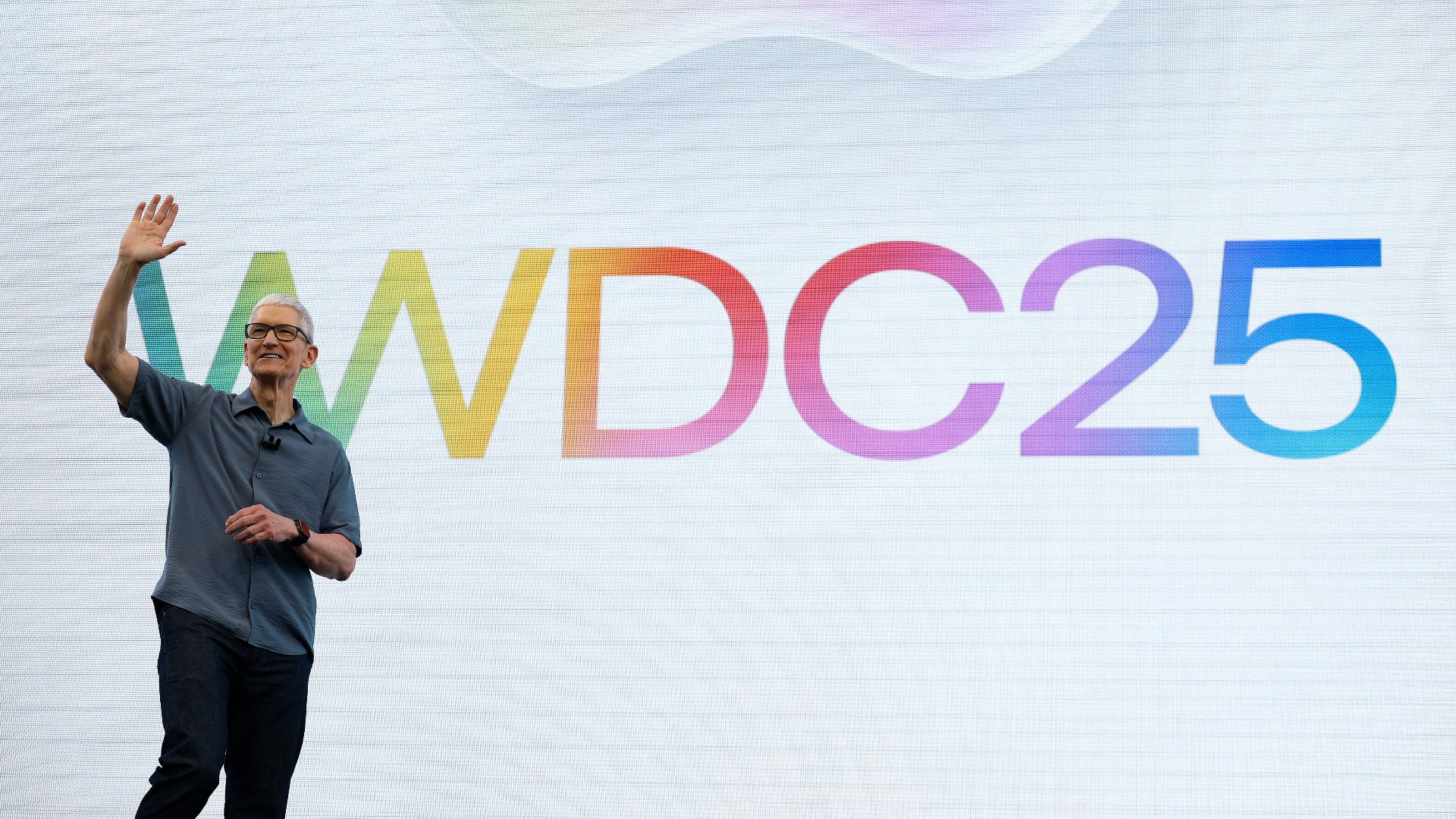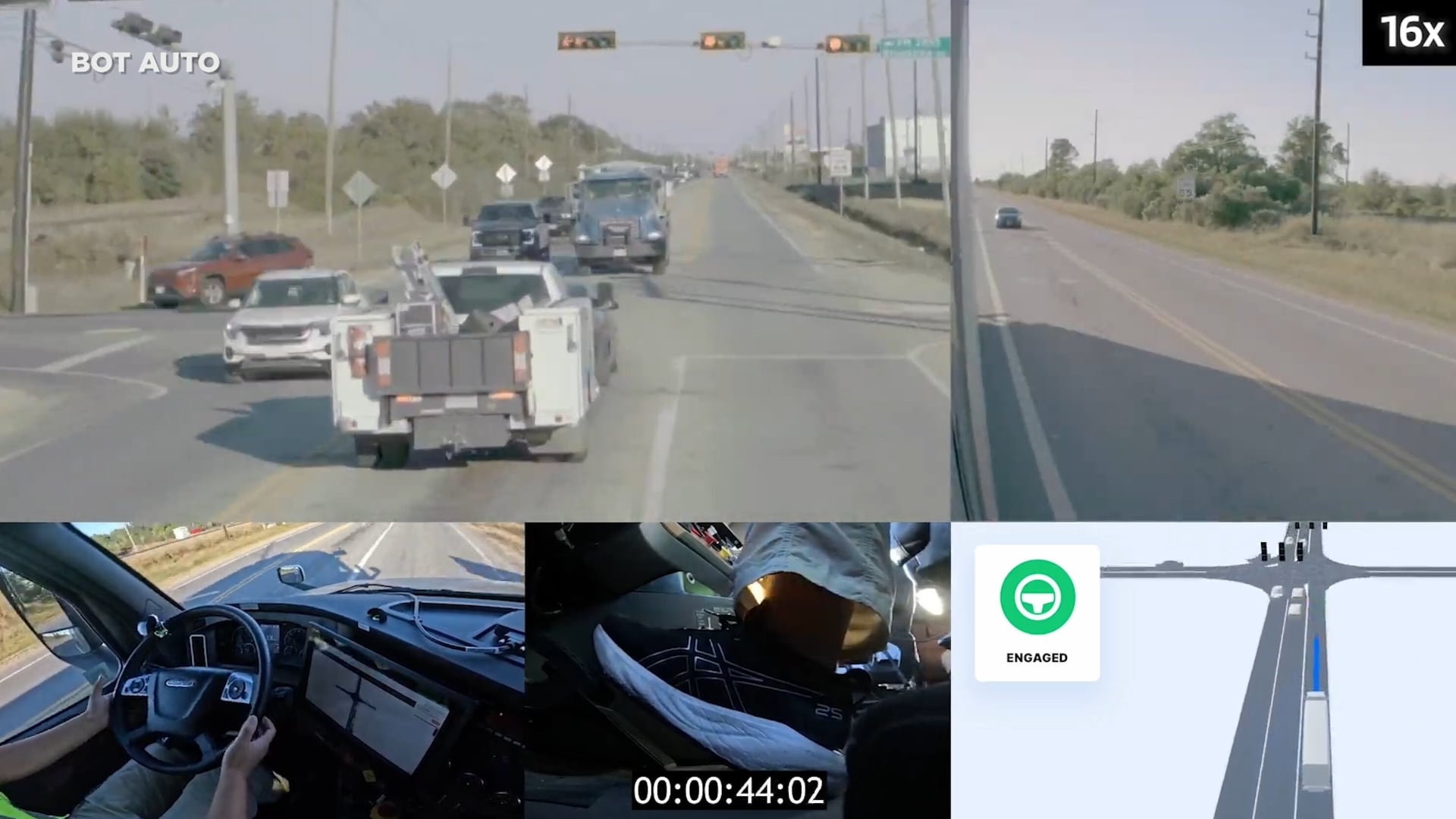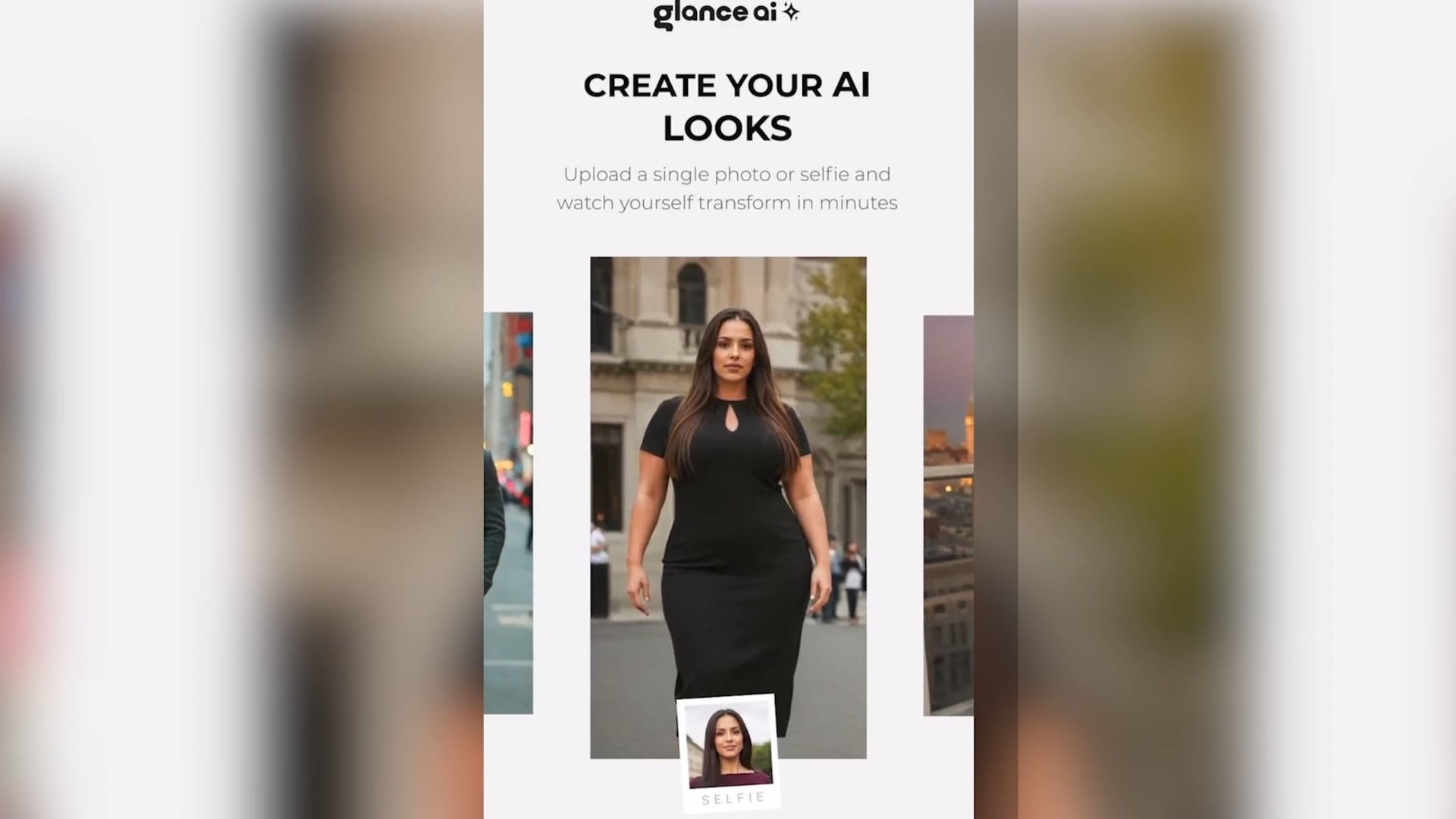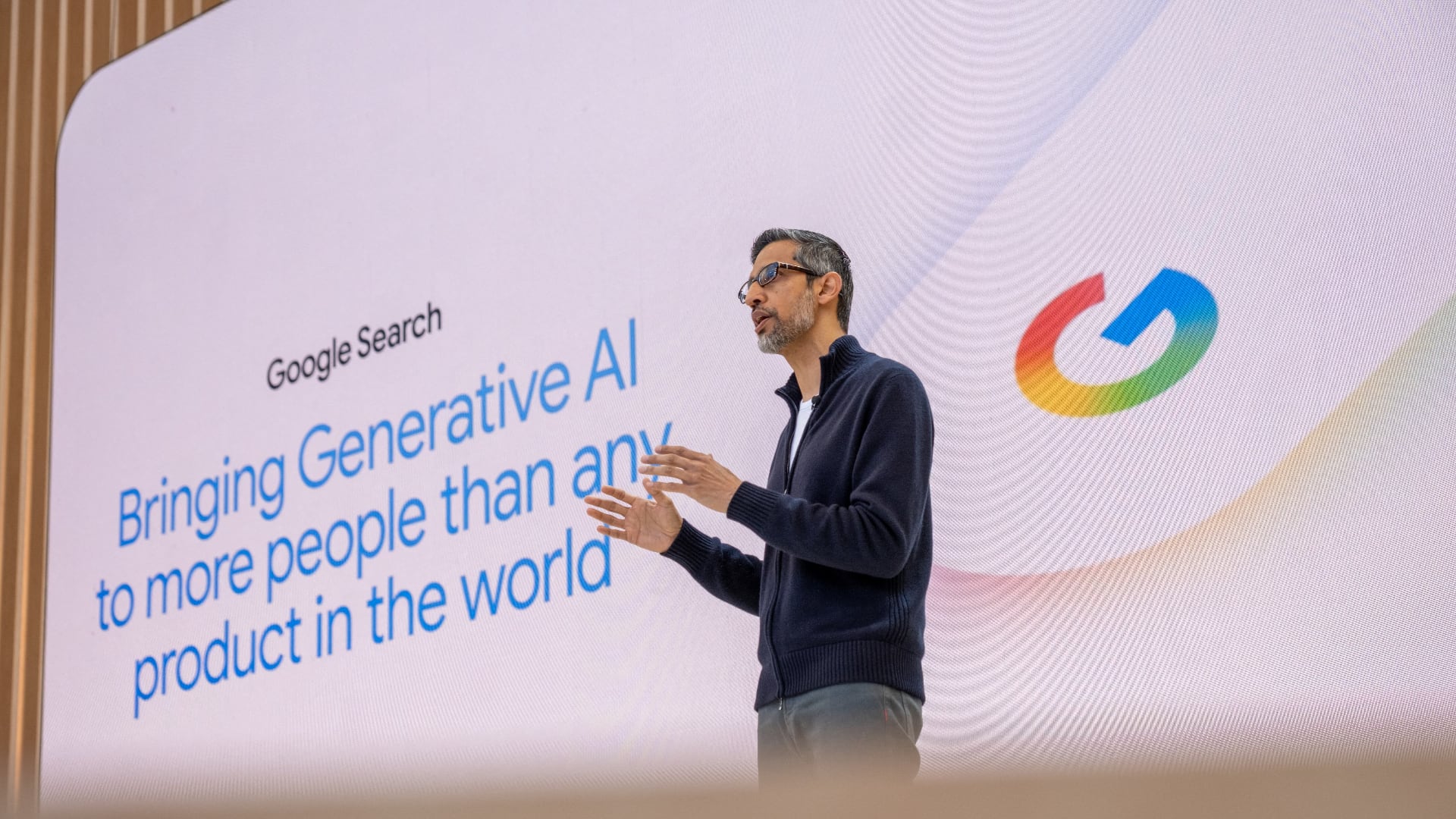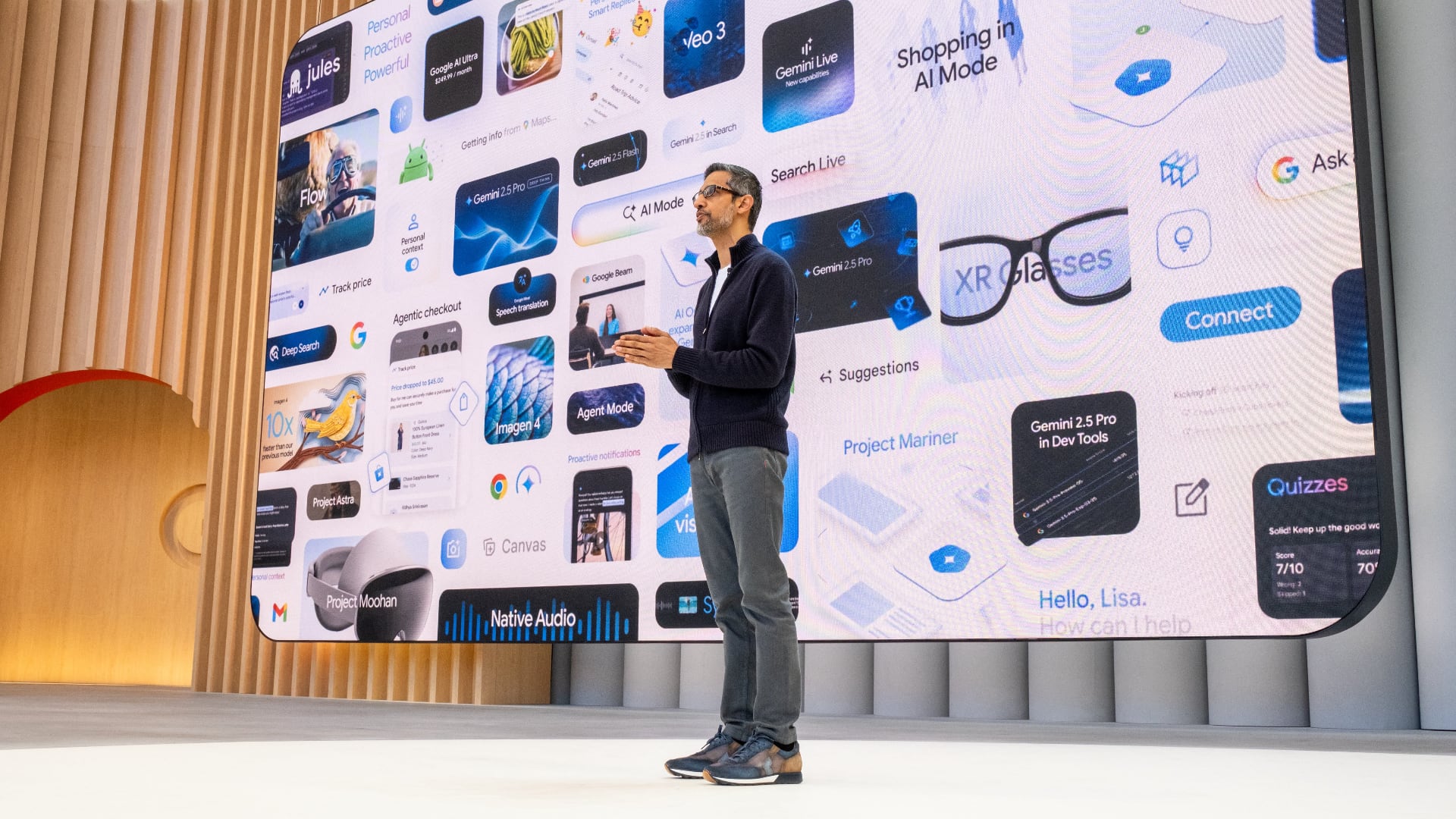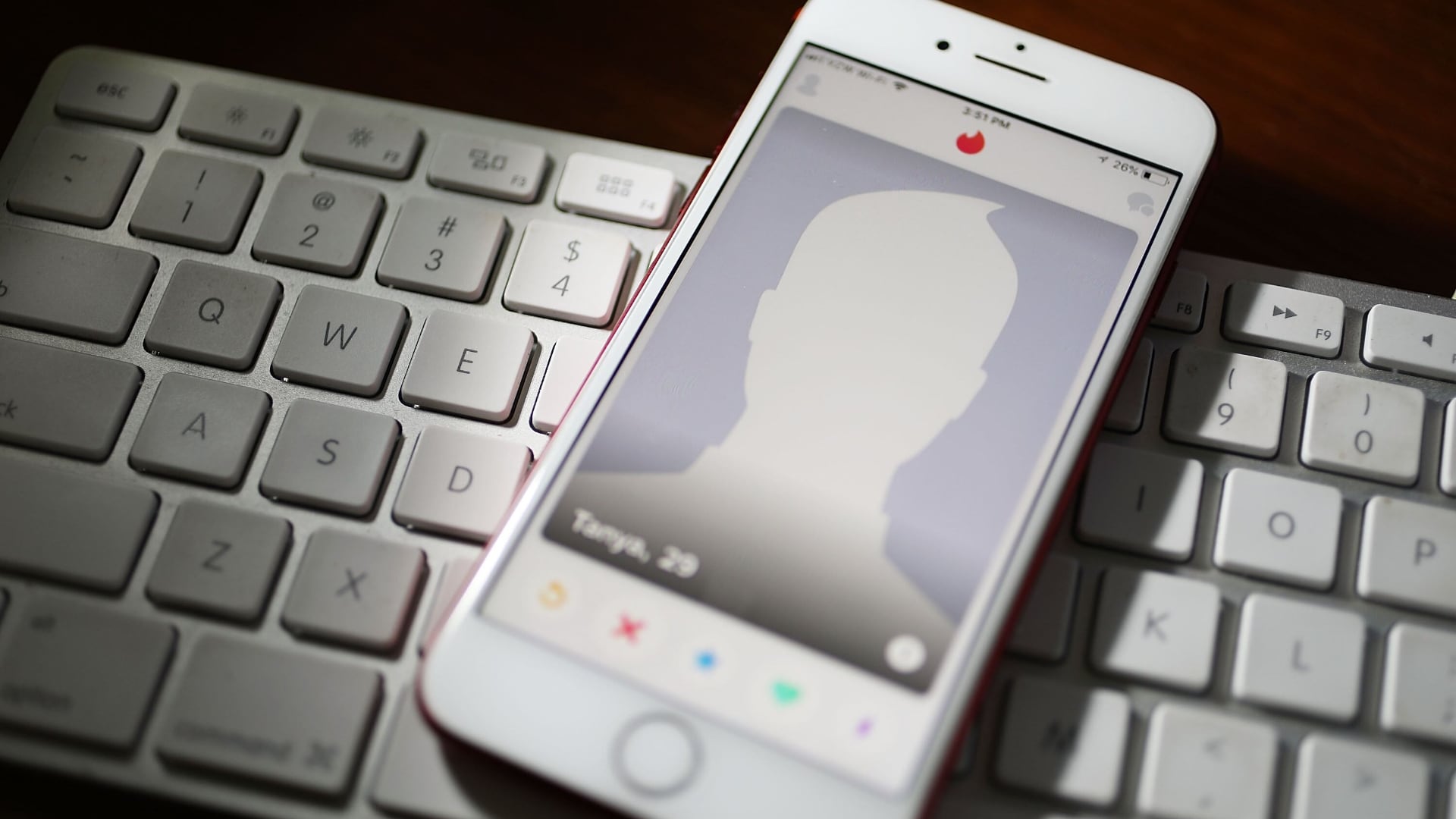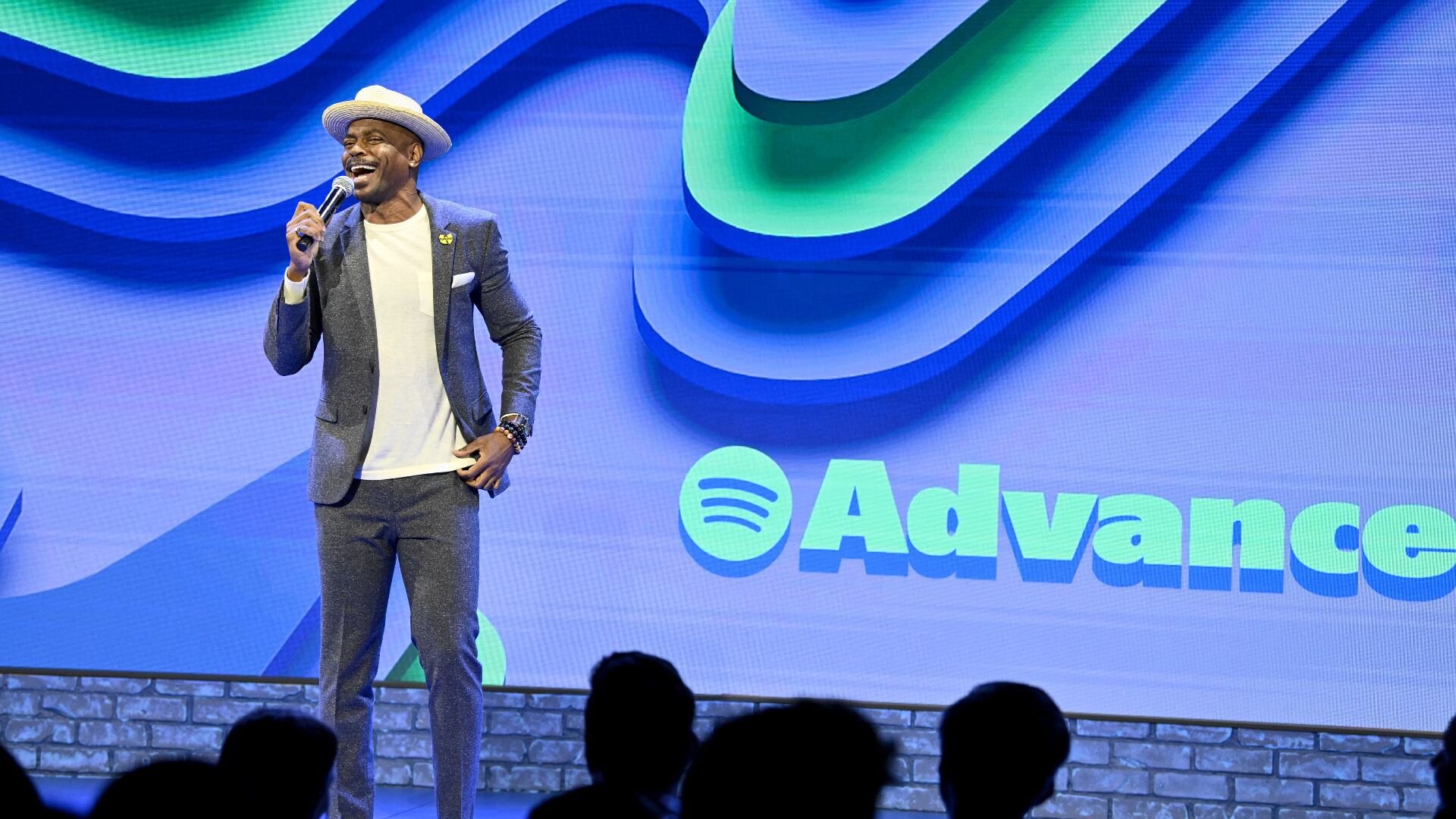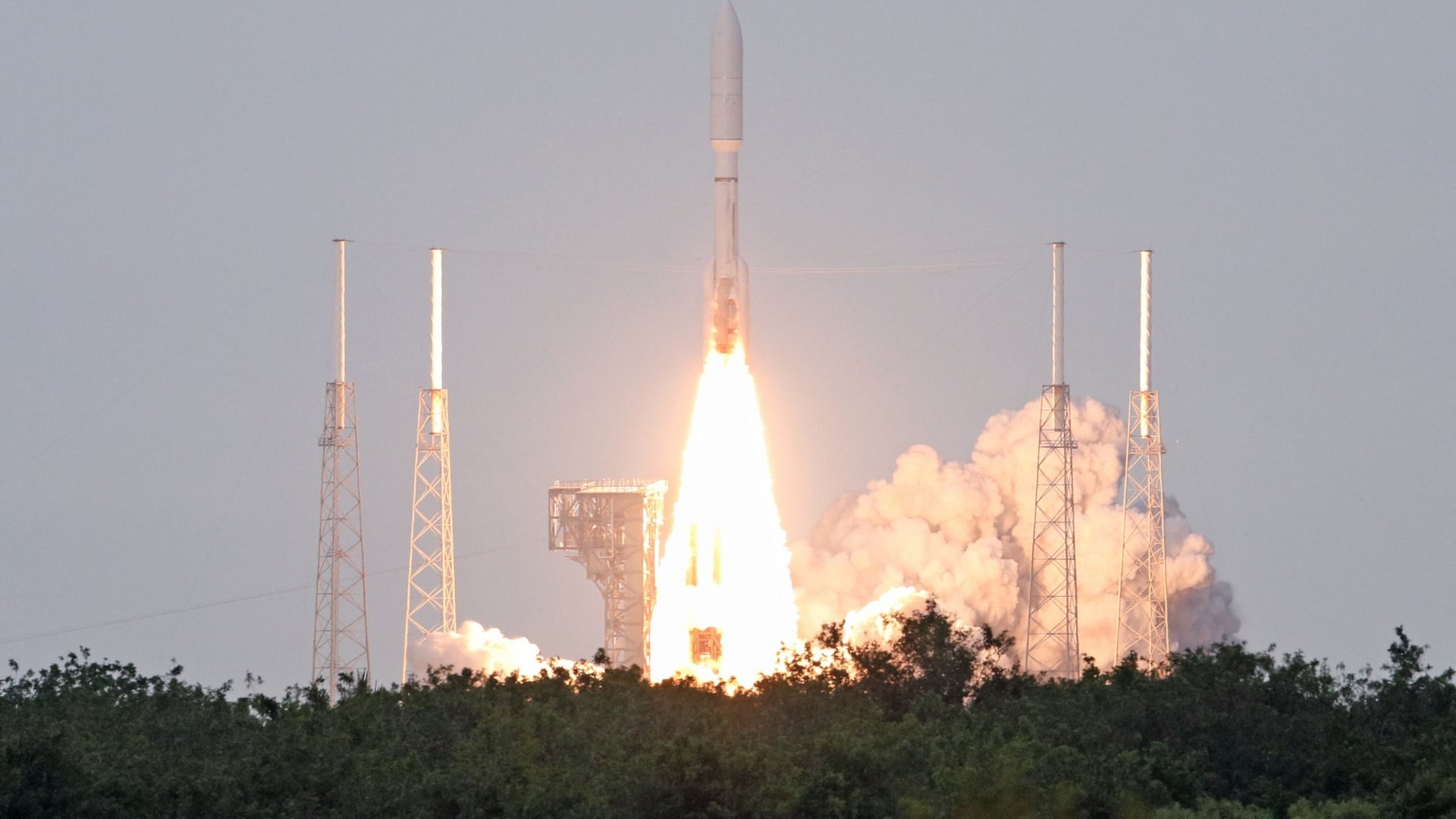By Jessica Gresko and Mark Sherman
The Supreme Court seemed skeptical Wednesday of a lawsuit trying to hold social media companies responsible for a terrorist attack at a Turkish nightclub that killed 39 people.
During arguments at the high court several justices underscored that there was no evidence linking Twitter, Facebook and Google directly to the 2017 attack on the Reina nightclub in Istanbul. The family of a man killed in the attack says the companies aided and abetted the attack because they assisted in the growth of the Islamic State group, which claimed responsibility for the attack . A lower court let the lawsuit go forward.
The court’s disposition of Wednesday’s case and a related one it heard a day earlier is important, particularly because the companies have been shielded from liability on the internet, allowing them to grow into the giants they are today.
If the court bars the lawsuit involving the attack in Turkey from going forward it could avoid a major ruling on the companies' legal immunity. That outcome would leave the current system in place, but also leave open the possibility that the justices could take up the issue again in a later case.
Justice Amy Coney Barrett was among the members of the court who suggested that the suit against the companies lacks the kind of specificity required under a federal anti-terrorism law. Barrett said there would have to be specific allegations in the complaint, “not just general recruitment or radicalizing people.”
Justice Neil Gorsuch, participating remotely for a second straight day because of illness, told a lawyer for the family that he was "struggling with how your complaint lines up with the three requirements of the statute” that the companies knowingly helped a person commit a terrorist act.
The law the case involves is the Justice Against Sponsors of Terrorism Act, which allows Americans injured by a terrorist attack abroad to sue for money damages in federal court. U.S. citizens who are family members of Nawras Alassaf, who was killed in the Reina nightclub attack, sued Twitter, Facebook and YouTube parent Google under the law.
